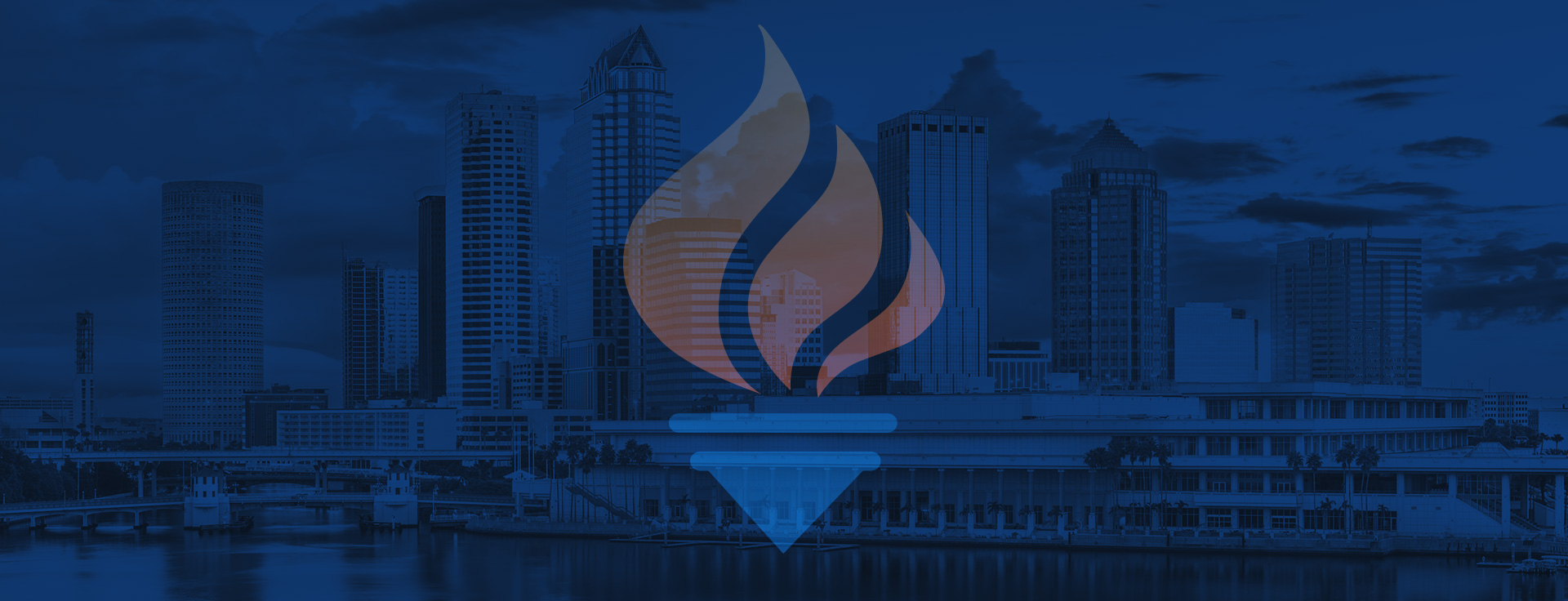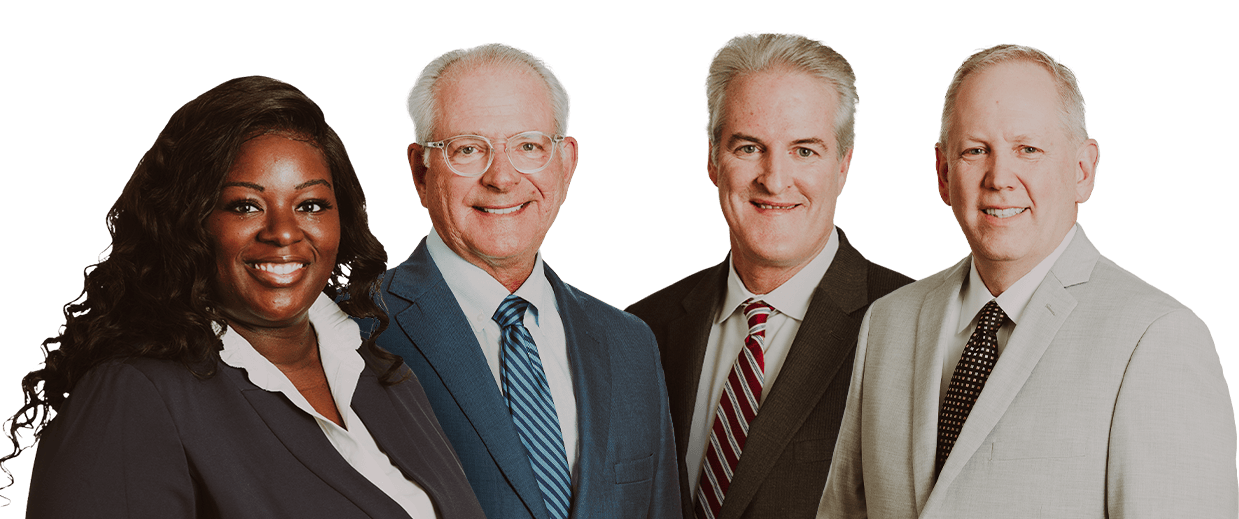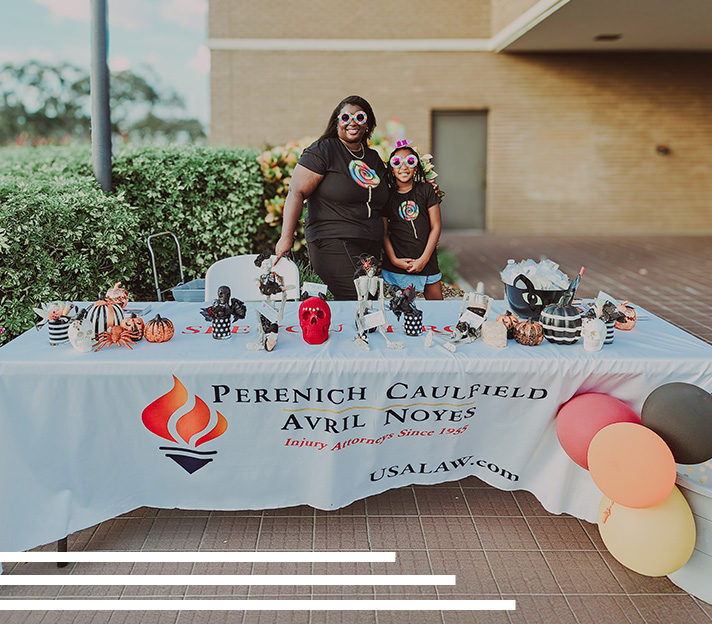What is Discovery?
Discovery refers to the period during a lawsuit where both sides share information, evidence, and testimony regarding the case at hand. General information about a case is also referred to as discovery.
Cases are subject to discovery rules that are enforced by judges. If you have questions about discovery, you should speak to an experienced attorney to get help. Contact our Cleawater law office today at (727) 591-3354.
How Does Discovery Work in Florida?
In Florida, the discovery process is directed by The Florida Rules of Civil Procedure. The discovery period begins after the parties file a petition, answer, and any counterclaims. Both sides will share general information about the case and each party’s claims and defenses.
The discovery process can take time, often requiring months to complete. During this phase, it is important to gather as much information as possible to build the strongest possible case. If you fail to obtain relevant discovery, you might hurt your chances of recovering your full damages.
Why Discovery is Important in a Personal Injury Case
Discovery is the foundation of most cases. It aims to provide both sides with the information needed to determine the next steps in a case. Discovery allows both plaintiff and defendant to see and hear what evidence would go in front of a jury or judge if a trial took place. If both sides are able to see how the case could play out, they might be more apt to resolve the case without a trial.
Courts will look to encourage settlements when possible to minimize the inefficiency of a trial. If both sides are willing to settle a case, they can obtain a guaranteed outcome. If they cannot settle, they risk the extensive costs of litigation and the uncertainty of a jury trial.
The Main Types of Discovery
There are four main types of discovery in Florida personal injury cases, they are:
- Depositions: Depositions are recorded and sworn testimony by case parties and their witnesses. These depositions are subject to the rules of evidence and typically take place outside of the courtroom. An attorney conducts the deposition and asks oral questions of the deponent.
- Interrogatories: Interrogatories are basic written questions that parties submit to one another. These can include the most basic information needed for claims and help to establish the issues in a case.
- Requests for Production: Requests for production ask a party to turn over specific documents and evidence related to a case. These requests can help a party obtain medical records, police reports, business records, and more.
- Requests for Admission: Requests for admission ask a party to admit to certain allegations or requests. These requests help parties understand the contested issues in a case.
Suppose someone responding to a discovery request is worried that information will result in abusive action by the other side. In that case, they can ask the court for a protective order. This protective order can limit the discovery, as well as how the discovery can be used. If a lawsuit party is not following discovery rules or is refusing to turn over evidence, the court can force them to comply or face sanction.
Examples of Discovery
Discovery comes in many shapes and forms. Some of the most common types of discovery include:
- Police reports
- Medical reports
- Property damage reports
- Photographs of the accident scene
- Phone and text message records
- Business records
- Video evidence
- Electronic discovery (e-discovery)
Discovery is not limited to what is listed above. It is important to know what information you are looking to obtain to make the correct discovery requests.
Florida Civil Procedure Limits on Discovery
The Florida Rules of Civil Procedure place limits on discovery. Onlyrelevant, non-privileged information is discoverable in Florida.
Relevant information can be anything that pertains to or adds information to the case. If information is unrelated to a case, it is irrelevant and undiscoverable. Privileged information can include information or communication between an attorney and client or a doctor and patient, among other things.
If you’ve been injured in an accident due to someone else’s negligence, you should contact an attorney. An attorney can investigate your accident to gather evidence and identify liable parties. They can help you file an insurance claim, if available, to recover compensation for your injuries. Likewise, they can help you file a personal injury suit and discover the information you need to win your case.

We treat you like family.
If you can’t come to us, we’ll come to you.
Representing Accident Victims in Tampa Bay since 1955



-
“Friendly knowledgeable and kept me informed about my case. Any offer, bill or question was readily answered. Would definitely recommend and refer people to Bryan Caulfield and his team!!”- Betty B.
-
“Mrs Bryant works her butt off to make sure you get what is do to you in medical and beyond! They won’t take your case if they don’t feel you haven’t been wronged.”- Christine R.
-
“Working with Mark Perenich on my auto injury case was an absolute game-changer. From the very beginning, he brought a level of professionalism, expertise, and care that immediately put us at ease.”- Kerry B.
-
“Lorrie and Allyson are phenomenal. I highly recommend them to anyone. It seemed like a never ending journey but I can’t thank them enough for diligently fighting my case with the greatest integrity, support and prayers.”- Former Client
-
“From the first day we met this law group I felt very comfortable and knew we would be well taken care of. This was our first experience filing for SSD, and was not disappointed. The lawyers are awesome and very professional.”- Shari J.
-
“Very nice they worked with you. Never ignored me with my case. Always on top to work with you. Thank you so much for all that you have done to help me! Very highly recommend.”- Margarita O.
-
“My appointed attorney was Jacqueline, Bryant. She is very compassionate about her client and work. When it comes to negotiation, she's a Beast and she gets the job done.”- Alaina J.
-
“What was particularly awe inspiring was the recall of facts and testimonies from medical personnel that Para Legal Ms. Josephine Elizabeth Angelo was able to make. Her memory and acumen for detail was admirable.”- Maylisa Y.
-
“Wonderful, impeccable, personalized, authentic, truthful, honest experience. Rare, real, and human firm.”- Sheryl G.


We’ve been proudly serving Clearwater, St. Petersburg, and the Tampa Bay area for generations. As the first personal injury law firm in Clearwater, our dedicated legal team brings over 300 years of combined experience to each and every case. If you’ve been injured and need support, please reach outtoday for a free consultation, we are here to help you.















